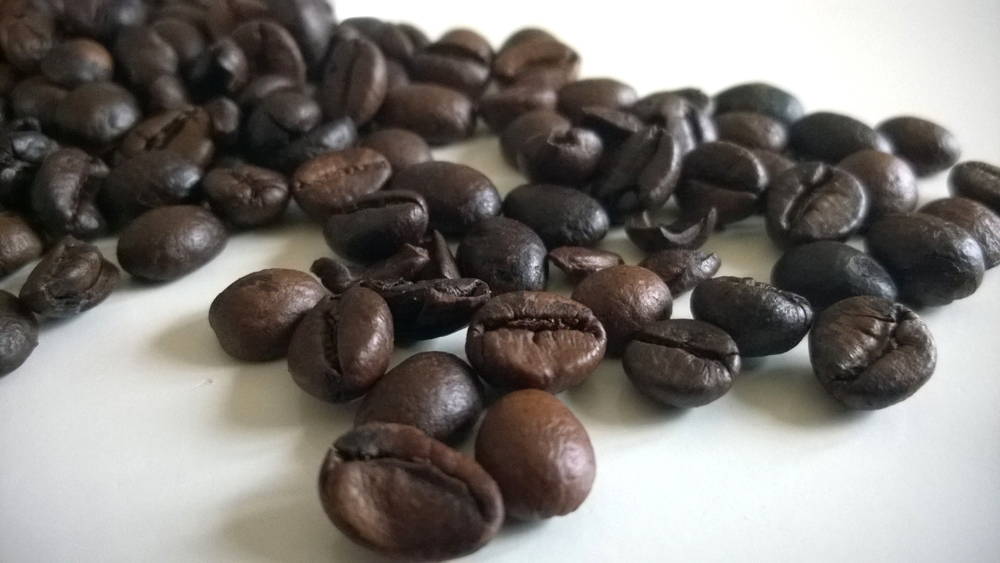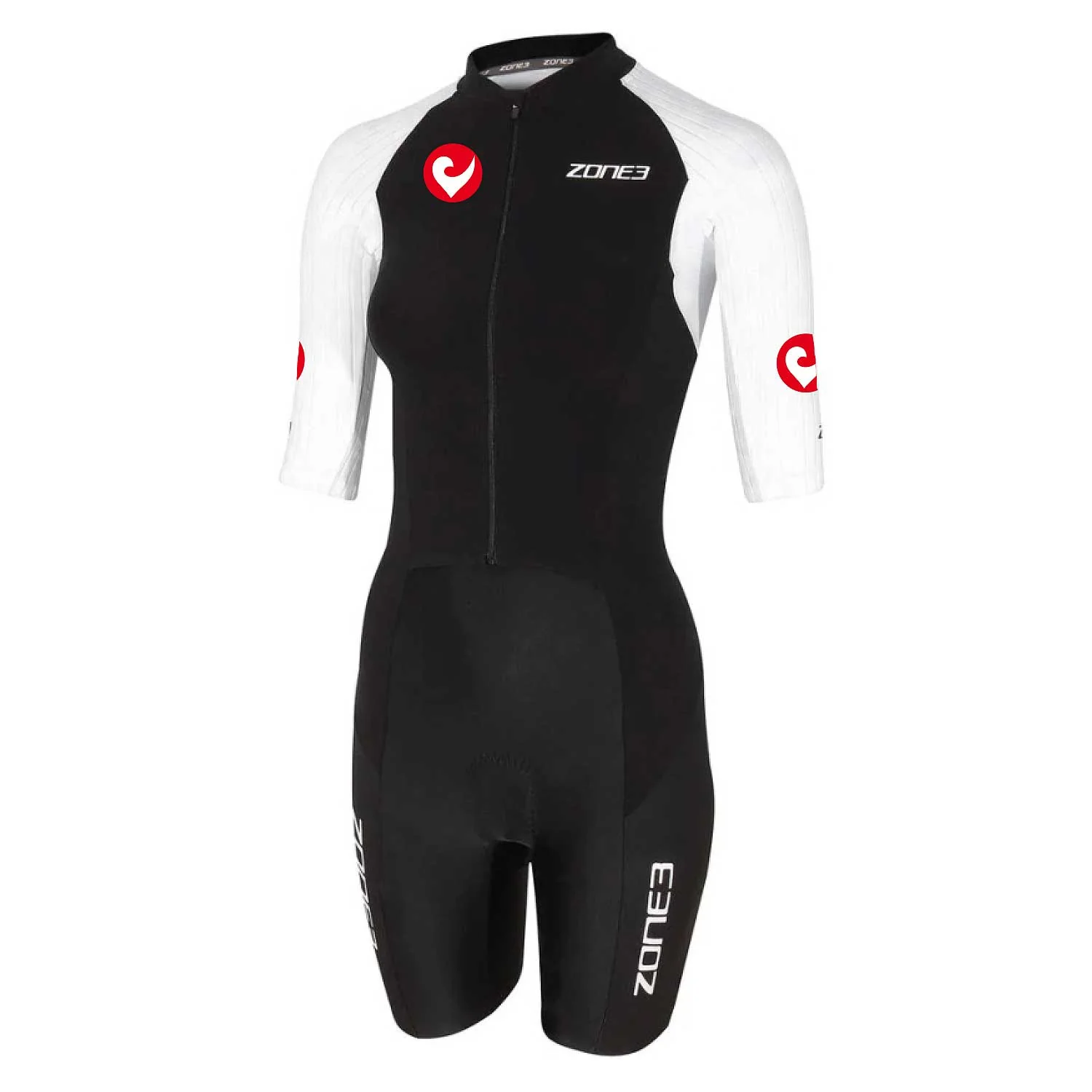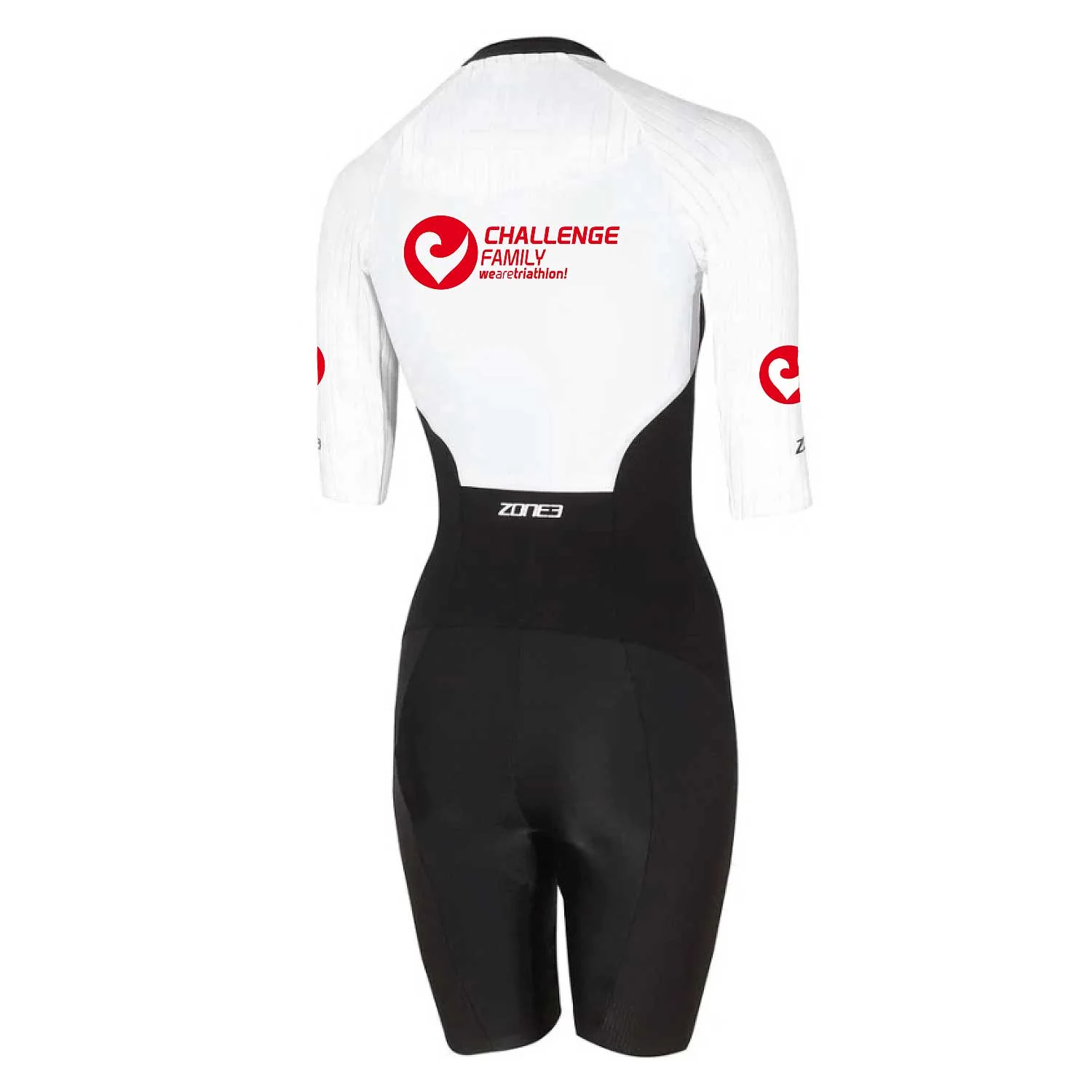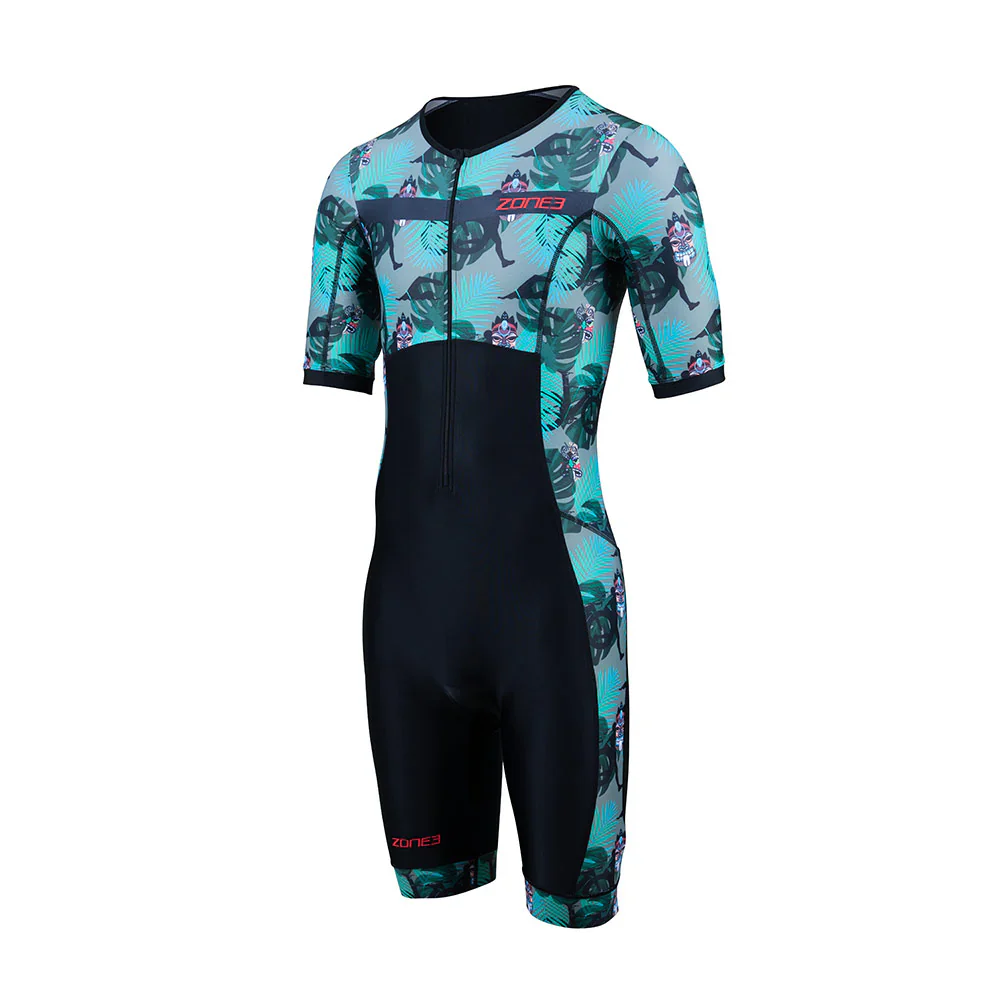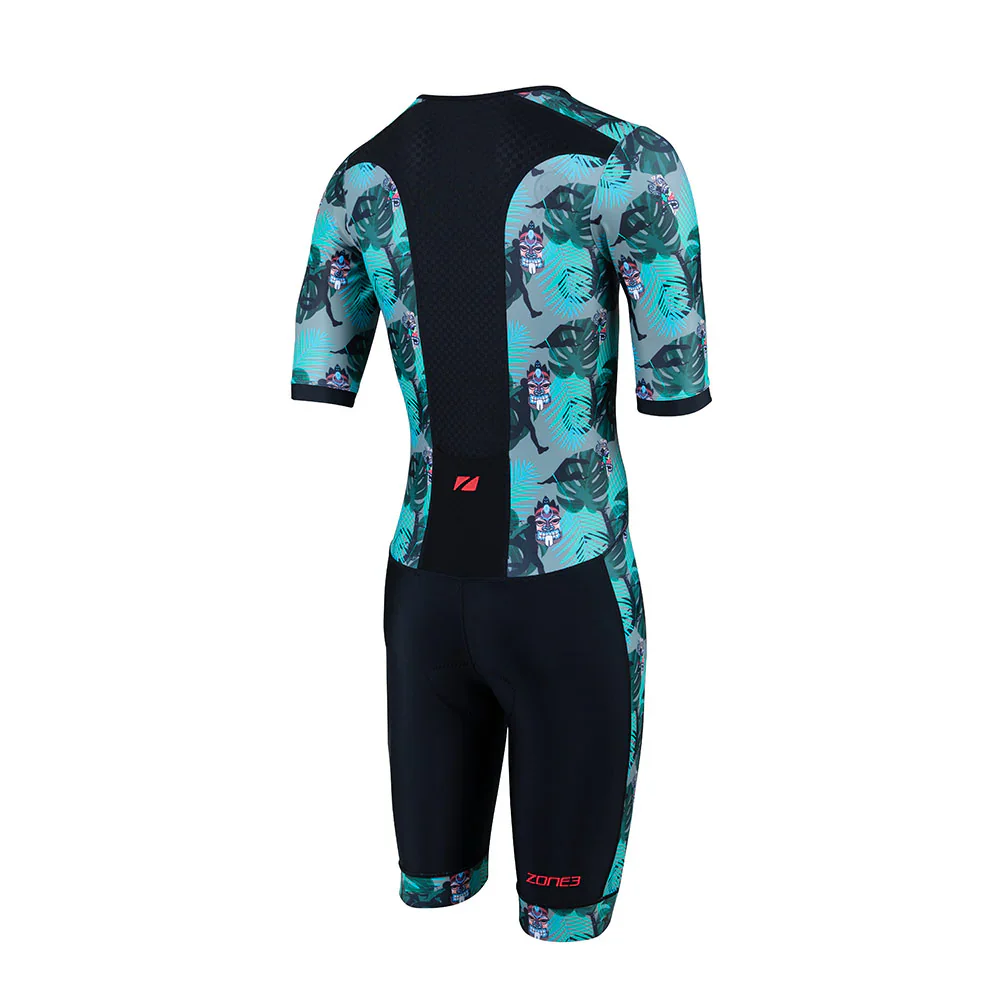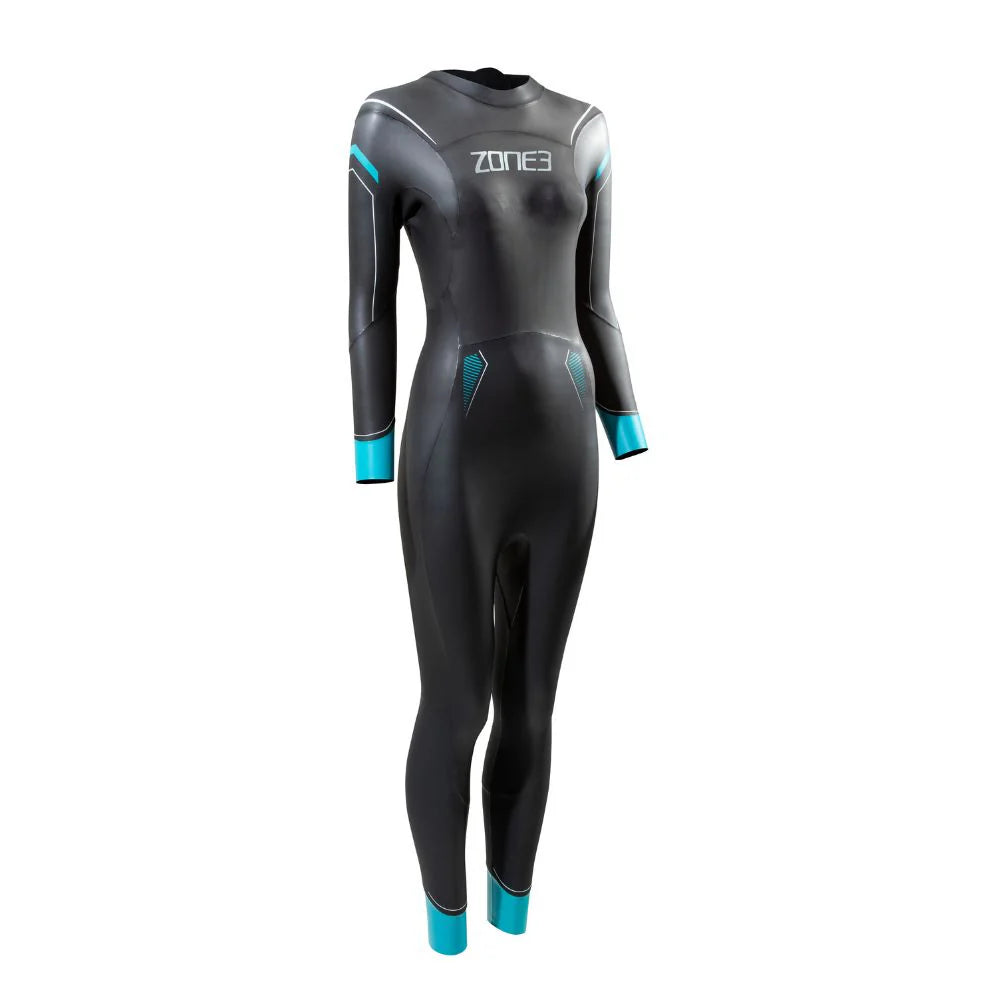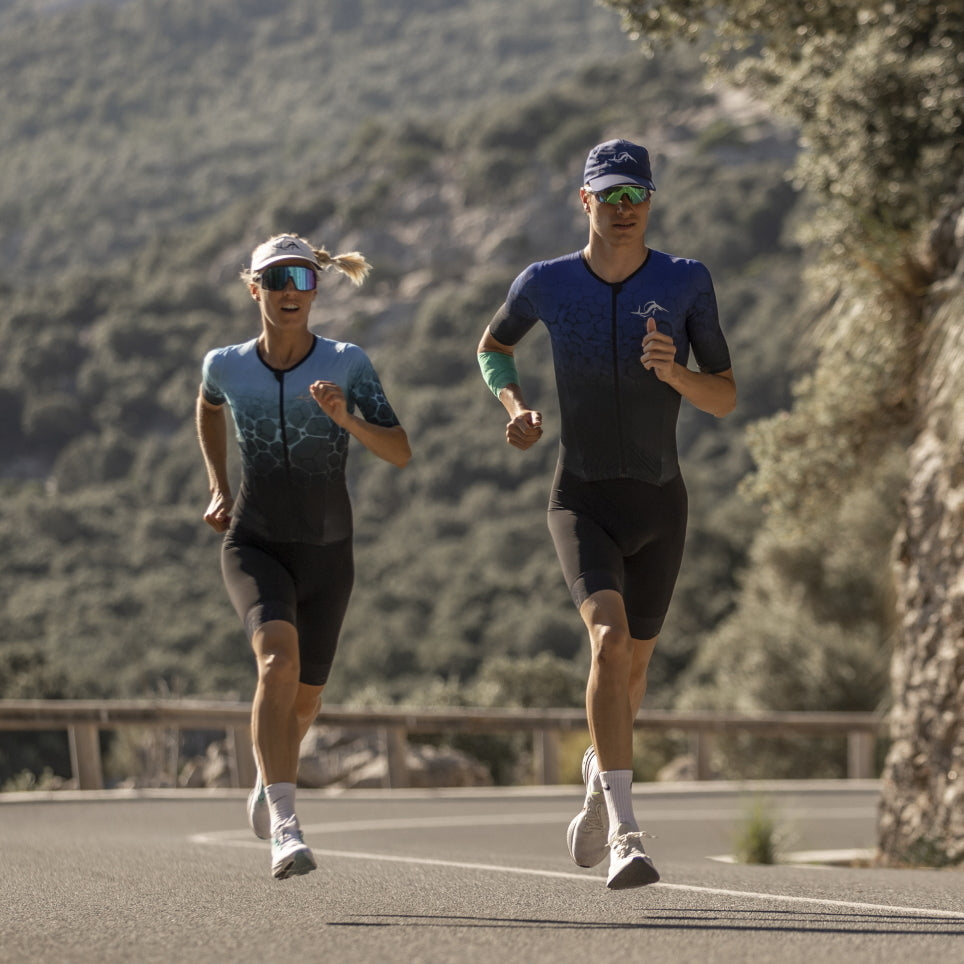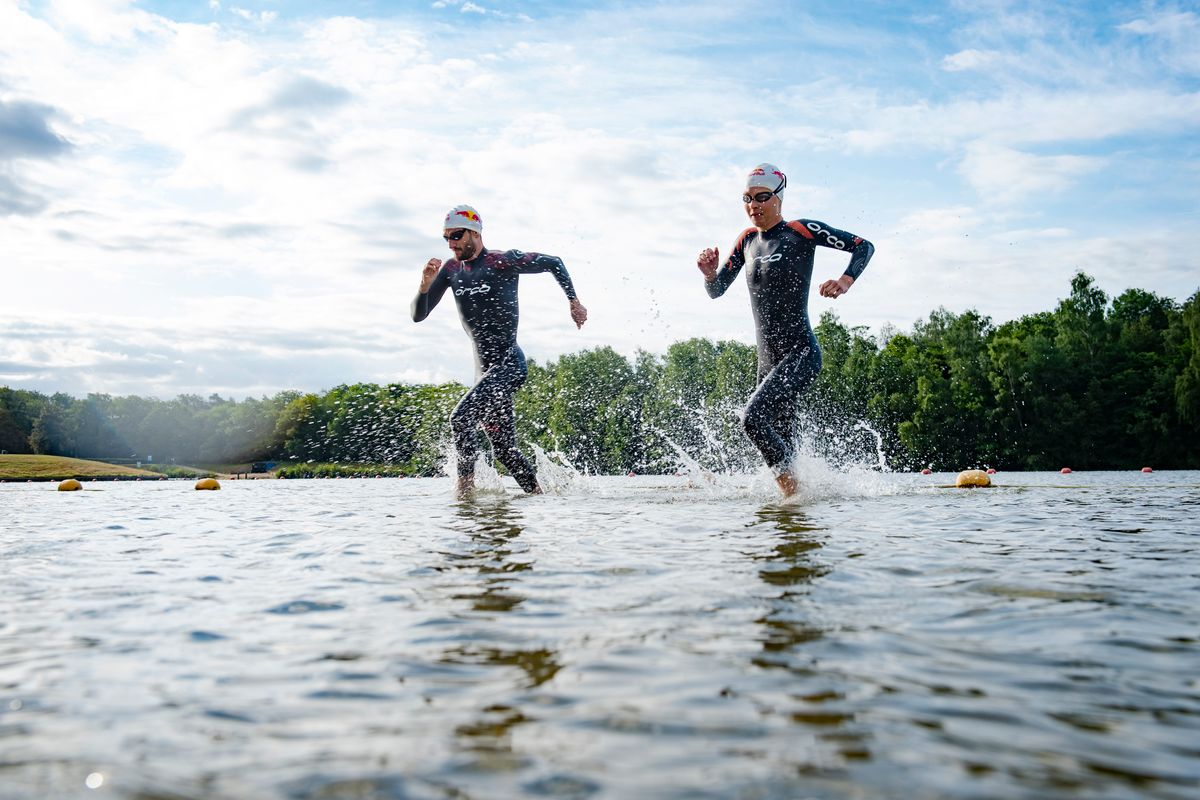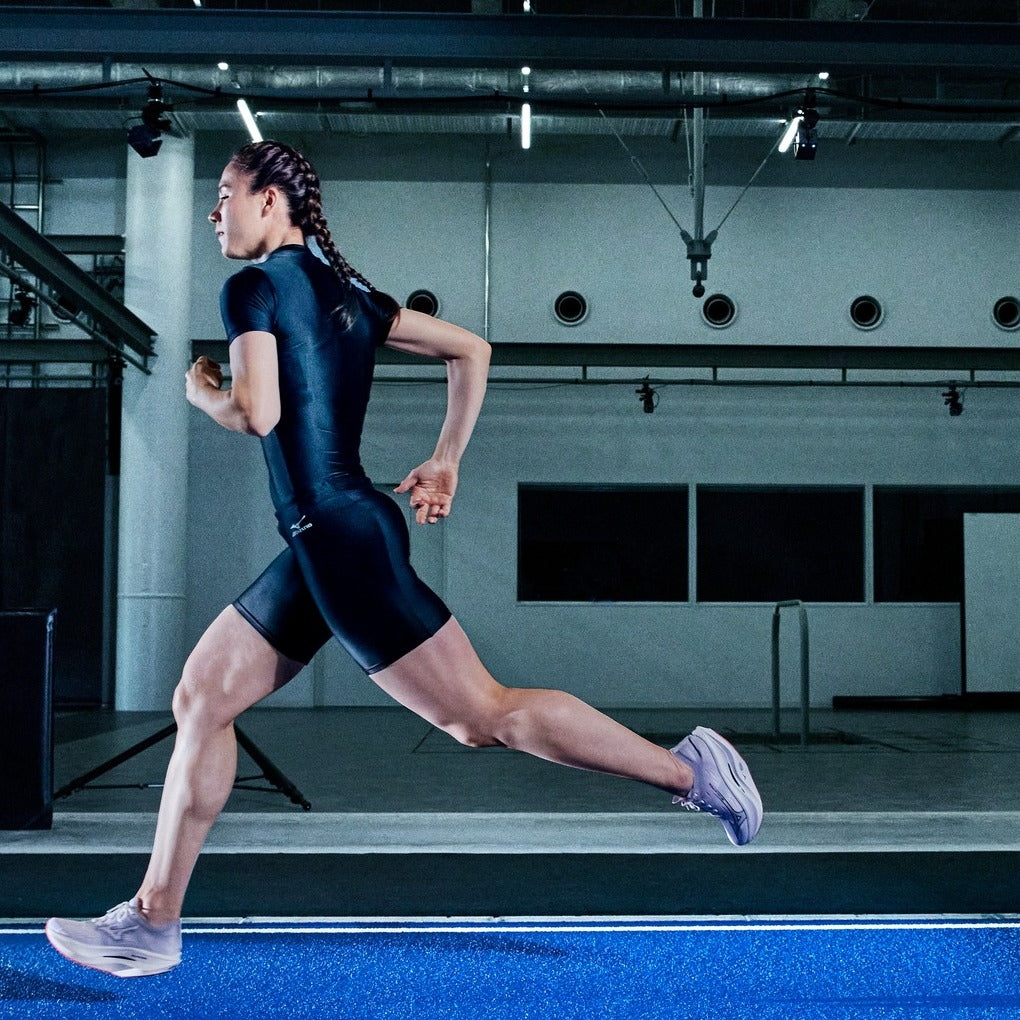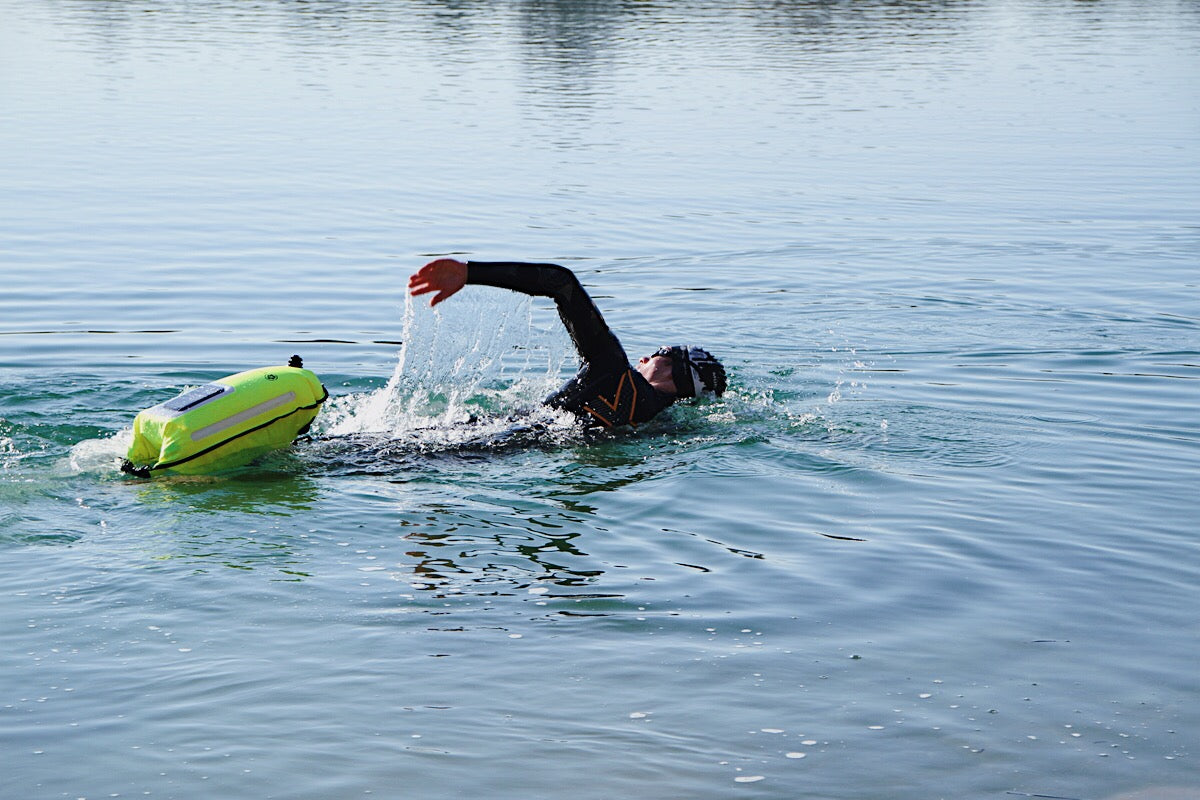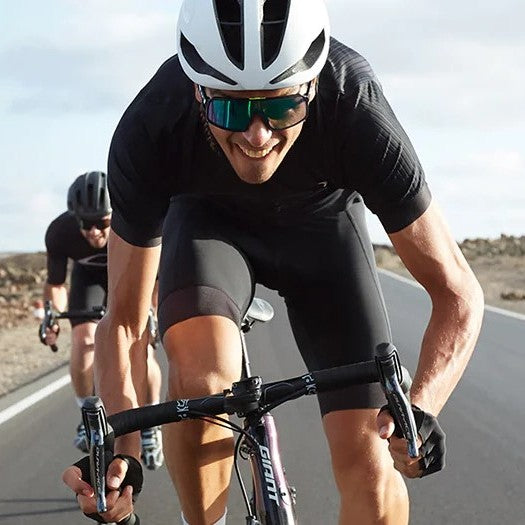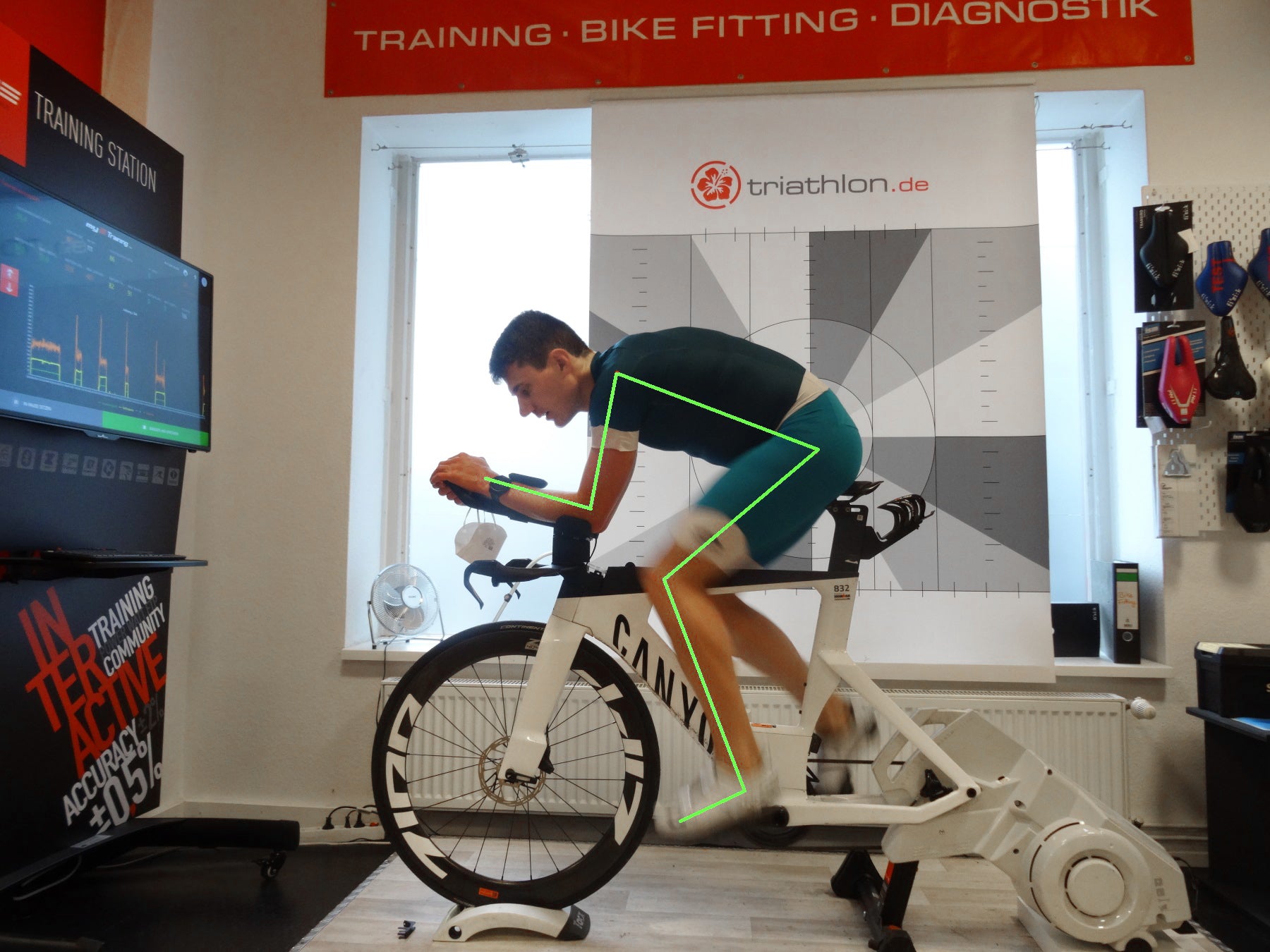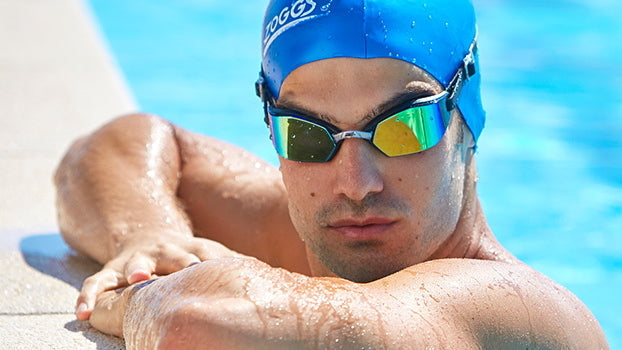Whether in coffee, tea, in an energy drink or as an activator concentrate - caffeine is a popular sport. We drink these drinks mainly because of the stimulating effect. But what exactly does it do? We have compiled and answered all questions about caffeine.
Caffeine stimulates the urge to urinate? Yes or no?
The opinion that caffeine is supposed to be diuretic or even dehydrating is still very present today. In the meantime, however, there have been many studies which at least rule out drainage. Caffeinated drinks are no more or less dehydrating than decaf. An increased urge to urinate, i.e. having to pee more frequently but in smaller amounts (without increased water excretion) seems to be ruled out, at least under stress.
What does caffeine do? How does the effect come about? What is happening in the body?
Caffeine directly affects the central nervous system by enhancing the effects of adrenaline. This does not happen through increased adrenaline production, but through an effect on certain receptors. As a result, the adrenaline effect lasts longer. This effect on the central nervous system increases the ability to concentrate, but also neuromuscular coordination. This in turn can have a positive effect on running economy, for example, which is not only interesting for sprinters, but also in the late phase of long-term endurance events, when increasing fatigue worsens running economy.
Second, caffeine stimulates the body's various energy systems. The increased fat metabolism and glycogen savings are the performance-enhancing factors that come into play in long-term endurance activities. Further, caffeine facilitates the release of calcium within muscle cells, leading to improved muscle contraction ability. This effect can increase muscle strength and performance during short, high-intensity efforts. The latest studies point in the direction that caffeine apparently also offers advantages in the re-storage of glycogen, so it could also be of interest for recovery.
Doesn't caffeine get your pulse racing?
This is probably dose-dependent, since nervous side effects occur with very high coffee consumption. In contrast, a study in athletes showed the opposite. In the study participants who were not used to coffee, a decrease in heart rate on the bicycle ergometer could be observed over the entire submaximal intensity range (VO2max 30-63%).
This study by the International Society of Sports Nutrition was also able to show that the intake of caffeine lowers the so-called respiratory quotient at submaximal, i.e. endurance exertion (VO2max 45%), but also at maximum intensity (VO2max 100%). For the athlete at maximum intensity, this means increased use of fatty acids instead of carbohydrates to provide energy, as well as lower utilization of the heart's capacity, which overall protects energy reserves and increases endurance. For those who want to lose weight, it means increased fat burning with moderate endurance training.
How long does the effect of caffeine last?
Caffeine reaches its maximum concentration in the blood after about 30 to 45 minutes, after which it very quickly reaches the brain, where its effects on the central nervous system begin. The effect lasts about 3 to 4 hours depending on the source. After that, the level drops to values that are no longer performance-enhancing.
What is the difference between caffeine and guarana?
The caffeine in guarana, just like in mate and green tea, is still bound and must first be converted into free caffeine in the body. So it has a delayed effect, which is partly the case with coffee. A combination with free caffeine can provide both a fast and yet long-lasting effect.
How much caffeine is useful? Especially in the triathlon?
The effective dosage is 2 to 4 mg/kg body weight, so at least 160 mg for an 80 kg person. From 6 mg/kg body weight, the effect can be negative (nervousness, tremors).
Does caffeine have an effect on fat metabolism?
An increased breakdown of fat (lipolysis) from depot fat has already been proven. An increased use of free fatty acids for energy production with a reduction in the respiratory quotient was not certain for a long time. A 2007 study by McClaran in the Journal of the International Society of Sports Nutrition has now proven this.
Should I avoid caffeinated drinks before the competition to increase the effect?
So far, a 4 to 5-day wash-out, i.e. avoiding caffeinated foods such as cola, coffee, tea, energy drinks, chocolate, etc., has been proclaimed. Recent studies question this necessity.
Wasn't caffeine even on the doping list?
As of January 1, 2004, caffeine is no longer listed as a banned substance by the World Anti-Doping Agency due to its widespread presence in luxury foods and foods in our culture. The decisive factor may have been that the dose required for a positive effect is lower than the usual coffee consumption of 4 to 5 cups per day. However, the caffeine content in coffee can vary greatly from around 40 to 200 mg per cup. It is therefore difficult to achieve correct dosing with coffee.
What is taurine and what does it do?
Taurine is a conditionally essential amino sulfonic acid that occurs naturally in the human body. When there is a lot of stress or physical exertion, the body can no longer replace taurine in sufficient quantities because the body produces taurine relatively poorly. Taurine is an important antioxidant and binds pollutants in the liver. Taurine also plays a role in nerve function and is important for the action of bile acids in fat digestion.

